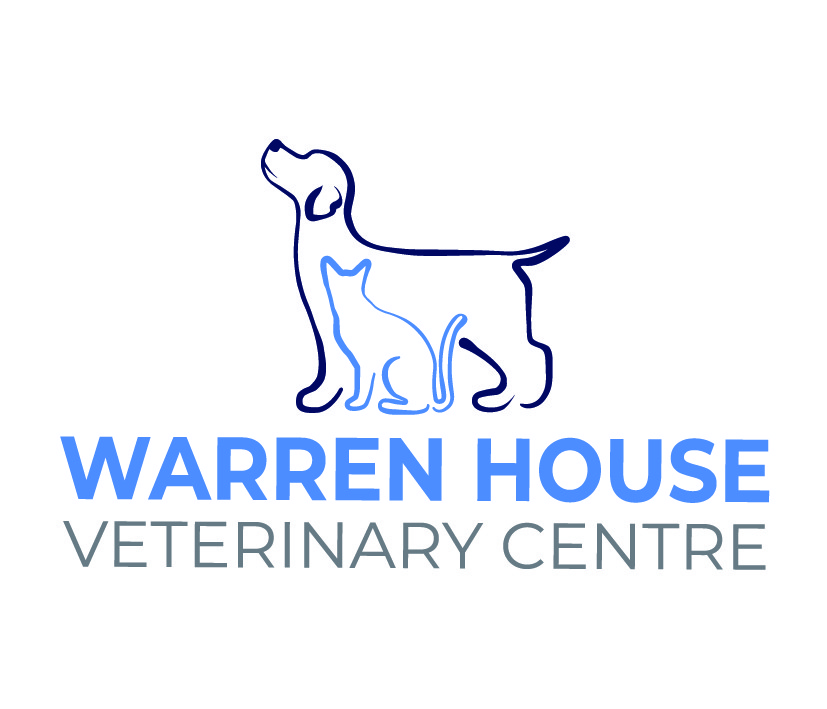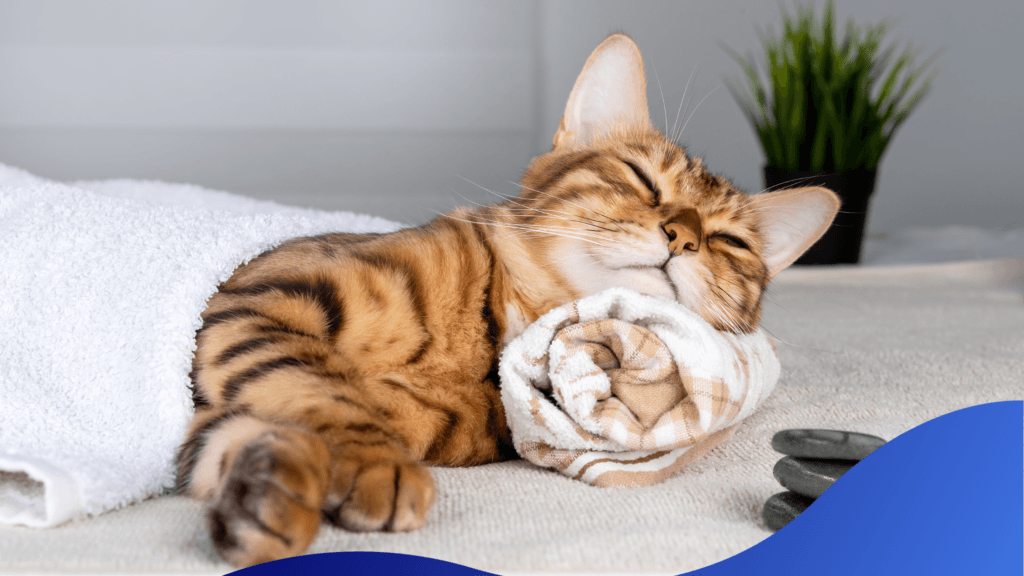
The goal of this month is to promote the health and happiness of pets throughout the year. Pets are a very important part of our family, we need to educate ourselves on how to keep them happy and healthy. It’s never too late to start providing a healthy lifestyle for your pet.
In the mid-1900s, pets began to be considered family members and companions rather than working animals. This change in perspective has had a significant impact on the way pets are cared for and nurtured in their homes. It has also led to advances in veterinary care, disease prevention, and treatment options for pets. Annual veterinary exams for pets are now common in many homes across the World.
National Pet Health Month is the perfect time to give our pets the extra attention they need. Most of us consider them as members of our family and it is natural for us to treat them as our own blood relatives.
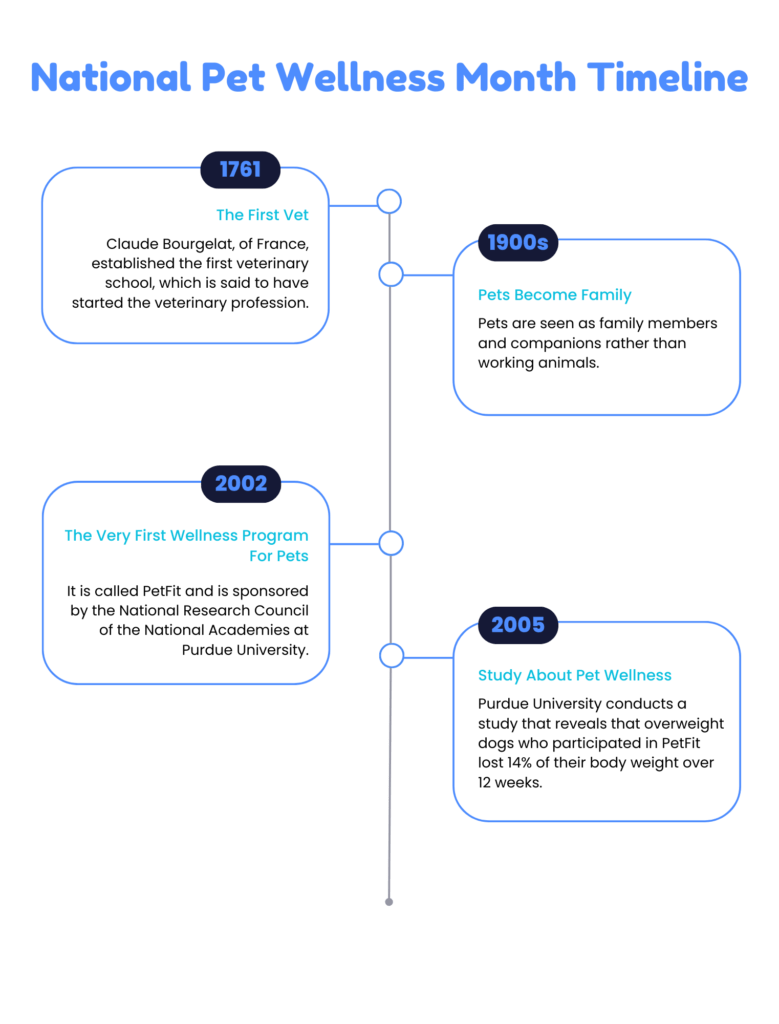
How to keep your pets healthy

Nutrition
Giving your pet the right amount and type of food can help him maintain a healthy weight. This is one of the best ways to prevent obesity-related diseases and prolong life. Pets can usually meet their nutritional needs through a balanced diet with high-quality food. However, ask your vet if they need any supplements. Also, make sure your pet gets plenty of fresh water, and be careful about the number of treats you give them. Treats should make up no more than 10% of your pet’s daily calories.
Exercise
Regular walks, hikes, ball games, and swimming help keep your pet physically active and healthy. But don’t forget about mental stimulation! Providing toys to play with, hiding treats, building obstacle courses, and practicing new tricks all keep your dog or cat interested and engaged. You can also change up your walking routine to expose your pet to new scenery and smells.

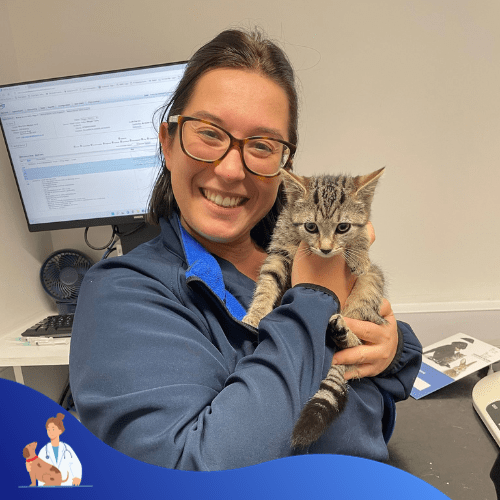
Veterinary Health Checks
An annual health exam provides your veterinarian with the best opportunity to perform a variety of health checks that can lead to early detection of disease and detection of warning signs of serious illness. Annual dental visits to remove plaque and tartar may also be recommended.
Preventative Medications
Preventive measures are inextricably linked with regular examinations by a veterinarian. Preventative medications can protect your pet from unwanted health problems such as heartworms, flea-related diseases, and tick-borne diseases.
Vaccinations are a vital part of your pet’s preventative healthcare too.
Additionally, brushing your pet’s teeth regularly and feeding him dental chews helps prevent periodontitis, which can lead to more serious health problems.
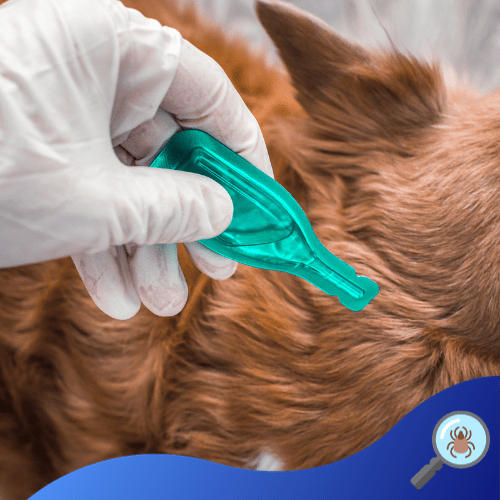

Affection
Building a strong bond with your dog or cat will be beneficial for both of you. Cuddling, petting, belly rubs, and even brushing their fur are great ways to show your pet some love. This not only strengthens the emotional bond with your pet but also encourages your pet’s positive interactions with other animals and people.
Socialisation
Early socialisation of pets and appropriate exposure to a variety of people and situations at a young age reduces the likelihood of antisocial or terribly aggressive behavior in adulthood. A puppy or kitten’s formative years – from a few weeks to around 16 to 18 weeks – is the most important time for socialisation. Therefore, make sure that your pet has sufficient contact with people and animals, not just in the first few months, but throughout their life. Options include visits with family and friends, a trip to the dog park, a walk around the neighborhood, or socialisation clinics with a nurse at the vet.


Neutering
Getting your pet neutered has several benefits. It can prevent certain cancers and diseases, extend your pet’s lifespan, and reduce aggressive behavior in males. In women, it can prevent heat and reduce unwanted cycle-related behaviors such as irritability, crying, and urine spraying.
Know The Norm
Has your pet’s behavior changed recently? Are they scratching more than usual? Are they eating more or less than usual? Changes can be concerning and indicate an underlying problem. If you notice any unusual behavior in your dog or cat, call your veterinarian to book a consultation.
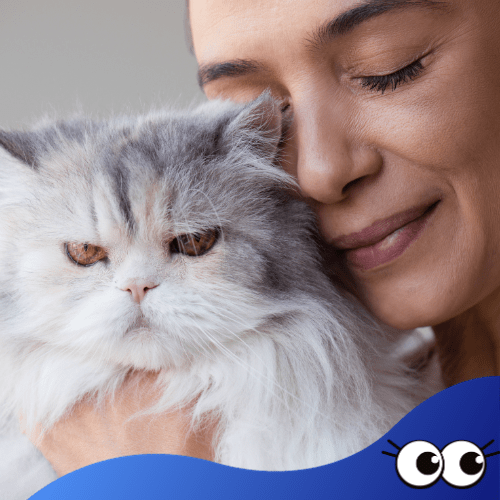
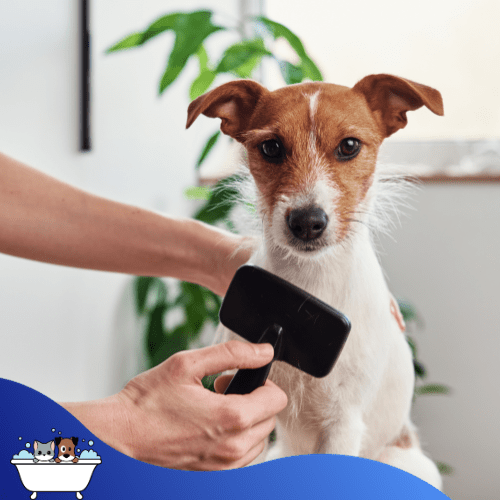
Grooming
This includes trimming your pet’s nails, brushing several times a week, and bathing regularly. Grooming also allows you to pay attention to any changes in your pet’s coat or skin, such as E.g. dandruff, bald spots, or dry skin. And this is the perfect time to check for lumps and knots that might be a cause for concern.
Consult your veterinarian to determine which care protocol is best for your pet.
Pet Safety
Ways to protect your pet include collars with identification tags, microchipping, keeping your home safe, and keeping toxic substances out of reach.

By following the other tips above, you can ensure that your furry friend is happy, healthy, and with you for many years to come!
Thanks for reading, until next time…
